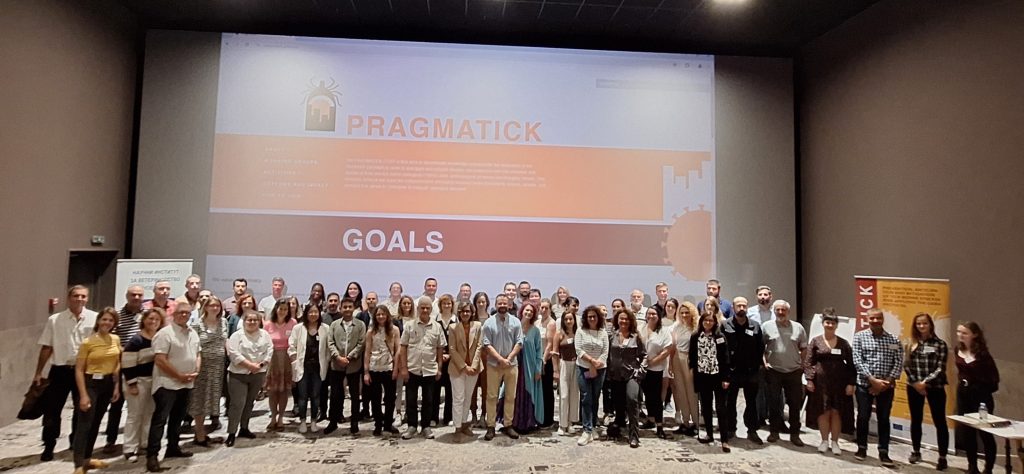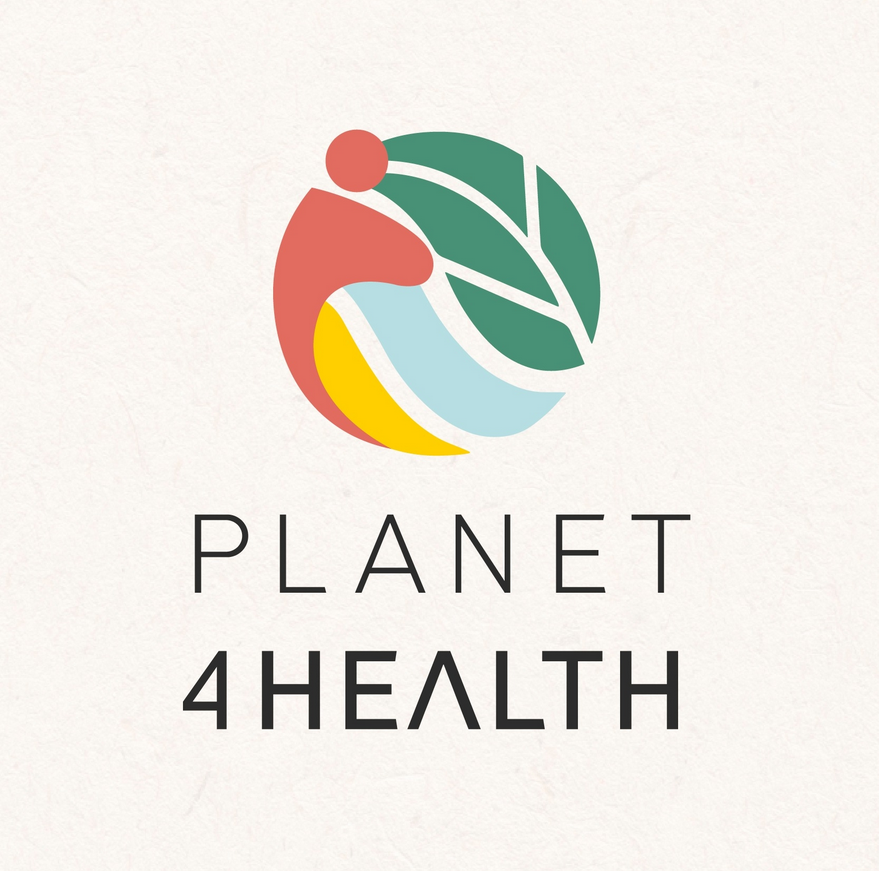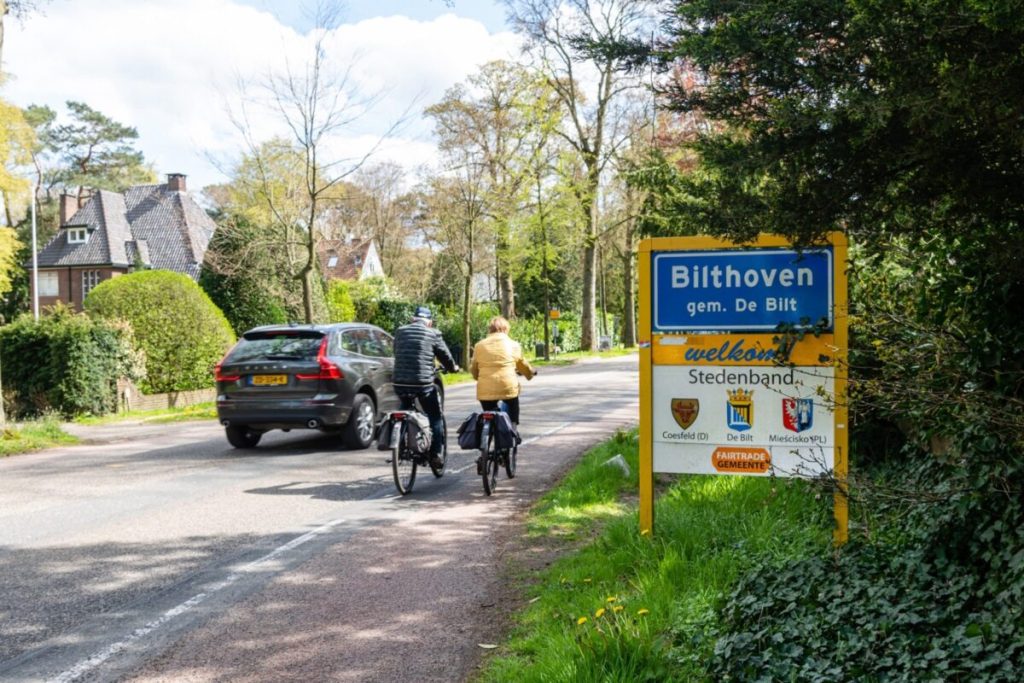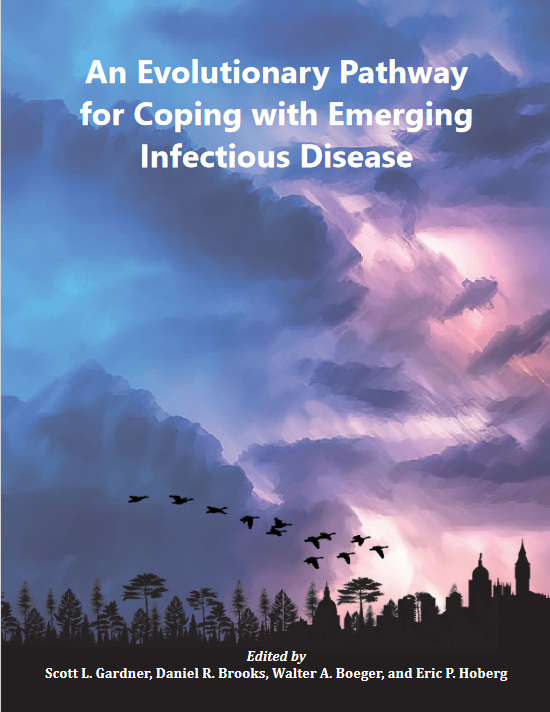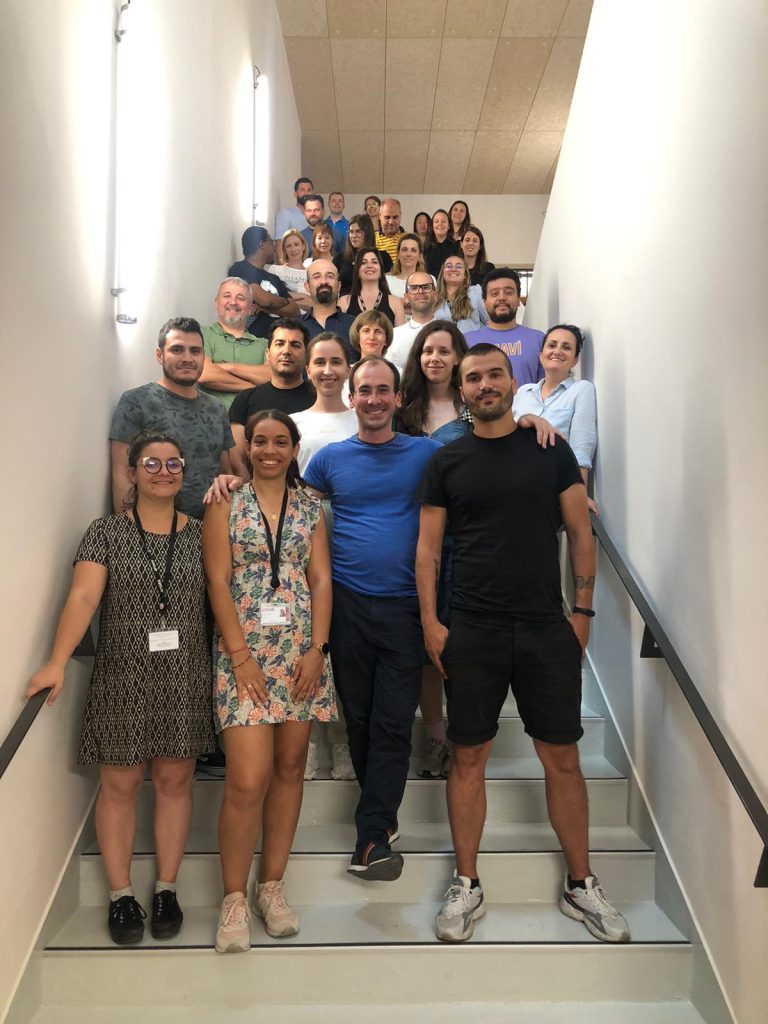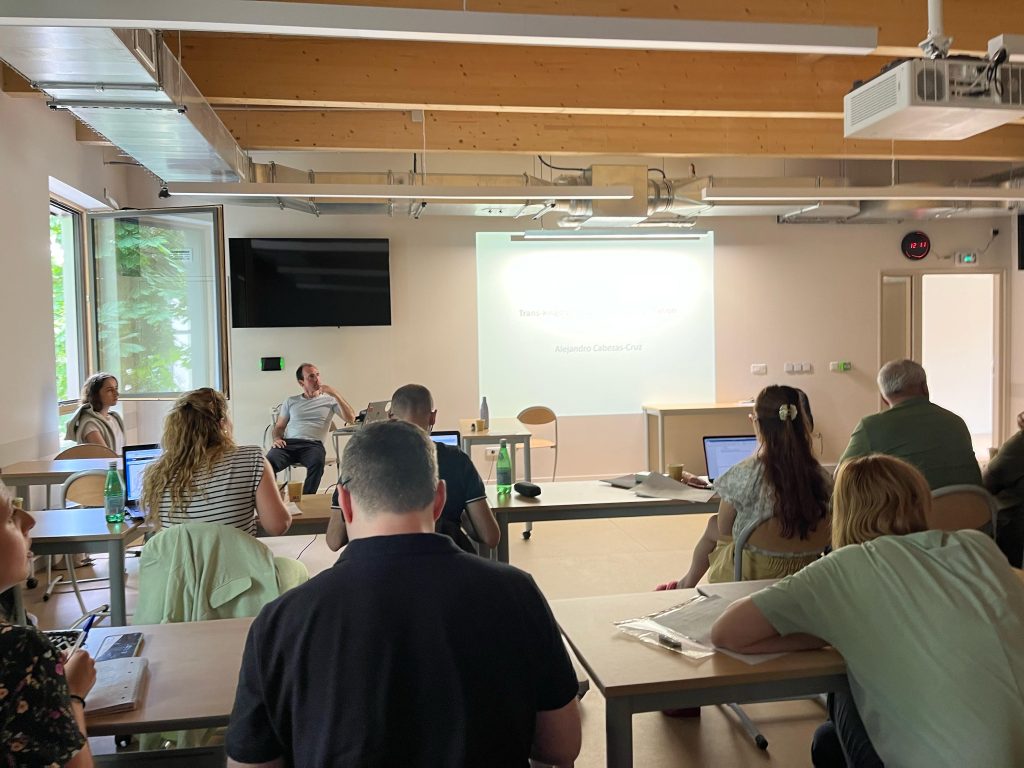Johns Hopkins University: Bloomberg School of Public Health: W. Harry Feinstone Department of Molecular Microbiology and Immunology
Location:
Baltimore, MD, 21205
Open Date:
Oct 15, 2023
Description
The recently established Lyme and Tickborne Diseases Research and Education Institute (LTBDI) in the Department of Molecular Microbiology and Immunology in the Johns Hopkins Bloomberg School of Public Health invites applications for a full-time, tenure track research and teaching faculty position. We are seeking a candidate engaged in laboratory-based research on tickborne diseases, including but not limited to research on ticks, including tick-environment interactions, the microbiology of tickborne pathogens (including pathogen biology, genetics, pathogenesis and detection of viruses, bacteria and/or parasites that can affect public health), as well as host defense, including immunology, vaccinology and host genetic and epigenetic impacts on tickborne diseases.
The LTBDI is embedded within the Department of Molecular Microbiology and Immunology, which also hosts the Malaria Institute. Over 50 faculty are engaged in the broad range of research on infectious diseases and its impact on public health. Excellent collaboration opportunities exist within the Department and throughout the top ranked Schools of Public Health, Engineering and Medicine. Faculty have access to functional research space and state-of-the-art core facilities, as well as newly constructed ABSL2/3 research space and a “tickery”. Faculty work with a cadre of outstanding trainees, including undergraduate and graduate students attending a variety of departmental-based and interdisciplinary graduate programs. Please visit https://publichealth.jhu.edu/departments/molecular-microbiology-and-immunology
Qualifications
We are seeking to hire at the Assistant Professor level. The individual must hold a doctoral degree (e.g., PhD, MD, DVM), documented post-doctoral research training, including publications in any of the above areas, as well as a desire to advance public health, and a passion for contributing to the educational mission of the LTBDI and the department. Successful candidates will demonstrate a solid record of scholarship, the potential for developing an independent, extramurally-funded research program, and strong skills with which to contribute to advancing the field of tickborne diseases and its teaching. Candidates must be committed to fostering principles of justice, equity, diversity, and inclusion throughout their research, teaching, and mentoring activities. They will also embrace conducting collaborative science including within the LTBDI to support our goals for the institute to become a leader in tickborne diseases research and education and to positively impact public health.
Application Instructions
We will receive applications beginning on October 15,2023 and continue until the position is filled. For full consideration, applications should be submitted before December 15, 2023. Applications must be submitted using Interfolio http://apply.interfolio.com/133621 and include: Cover letter addressed to David J Sullivan, MD, Chair of Faculty Search Committee, Curriculum Vitae, a 2 page statement outlining research, a half page statement of teaching interests, and names and contact information of three references. In addition, applications should include a statement of demonstrated commitment to the principles of inclusion, diversity, anti-racism, and equity (IDARE) in scholarship, teaching, policy, and practice, and ways to continue to foster and promote these principles as a member of the Bloomberg School faculty.
